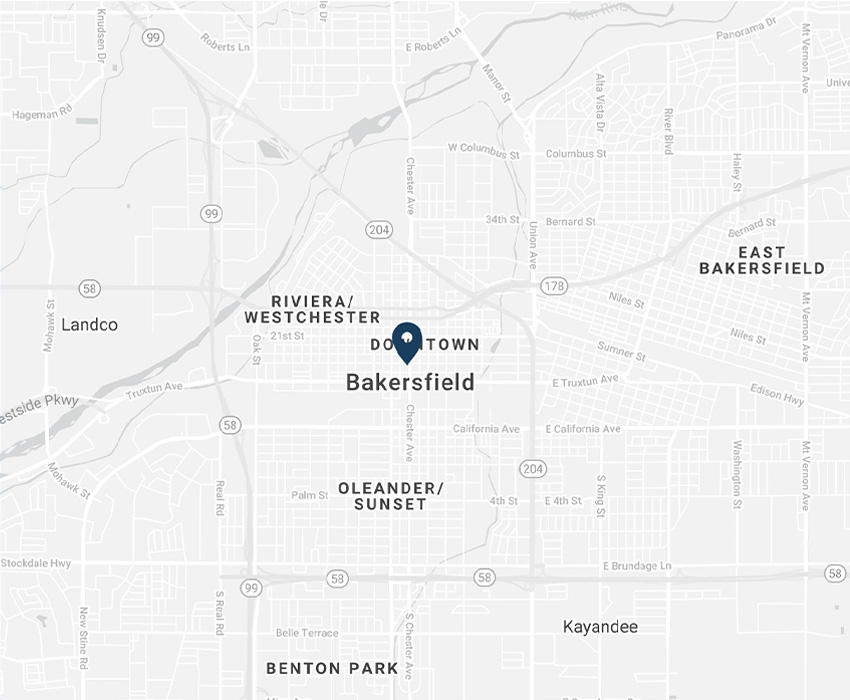With exploding airbag recalls continuing, take these steps to protect you and your family
January 9, 2019 | Article by Chain | Cohn | Clark staff | Tips & Information Social Share

More than five years after federal authorities first called for a national safety recall of the Takata airbags, officials are once again issuing a recall of millions of defective airbags, this time by Ford Motor Co. and Toyota.
Ford recently issued a recall of more than 900,000 vehicles in North America, including 782,000 in the United States, and Toyota is recalling 1.7 million vehicles in North America. In all, roughly 37 million vehicles equipped with 50 million defective Takata air bags are under recall because these air bags can explode when deployed, causing serious injury or even death. At least 23 people worldwide have been killed in incidents involving Takata airbags, according to news reports. It is one of the largest recalls in history involving multiple carmakers — and was first administered in 2013.
Takata airbags were intended to prevent or reduce injury upon impact. They use the chemical ammonium nitrate to create an explosion that causes inflation, but heat and humidity damage the integrity of the system and cause it to deteriorate and explode with too much force, blowing apart a metal canister designed to contain the explosion.
Chain | Cohn | Clark urges vehicle owners to take some critical steps to protect themselves and others from this very serious threat to safety.
According to the National Highway Traffic Safety Administration, consumers should be aware of three critically important details about this recall:
1) Certain 2001-2003 Honda and Acura vehicles, 2006 Ford Ranger, and Mazda B-Series trucks are at a far higher risk for an air bag explosion that could injure or kill vehicle occupants. These are referred to as “alpha” air bags. These vehicles can and should be repaired immediately. Do not drive these vehicles with Takata air bags unless you are going straight to a dealer to have them repaired immediately.
2) The data collected and examined by federal officials shows that long-term exposure to combined high heat and humidity creates the risk that a Takata air bag will explode. Drivers in “Zone A” (hot and humid) areas are encouraged to take extra precautions. Zone A includes Alabama, California, Florida, Georgia, Hawaii, Louisiana, Mississippi, South Carolina, Texas, Puerto Rico, American Samoa, Guam, the Northern Mariana Islands (Saipan), and the U.S. Virgin Islands.
3) Additional air bags are scheduled to be recalled by December 2019, bringing the total number of affected air bags to around 65 to 70 million. These vehicles do not currently appear affected by this recall using a VIN search. Sign up for Recall Alerts and make sure the address on your registration is current to be sure you’re notified of this or any other future recall.
So, what should you do to protect yourself?
- Check for recalls using your vehicle identification number (VIN). The recalls involve several air bag types, not just one single type, all made by a company named Takata.
- Get fixed. Call your local dealer. Because so many cars and trucks need to be fixed, a nationwide repair schedule has been developed to get the most dangerous air bags replaced first. All will be repaired for free.
- Sign Up for “Recall Alerts” about any future recall affecting your vehicle.
For more information on the airbag recalls, and a comprehensive “frequently asked questions” section, click here. For a continuously updated list of other safety recalls, visit the Chain | Cohn | Clark “Safety Recalls” page by clicking here.
———
If you or someone you know is injured in an accident due to a faulty product, please contact the Products Liability attorneys at Chain | Cohn | Clark by calling (661) 323-4000, or fill out a free consultation form, or chat with us, online at chainlaw.com.

